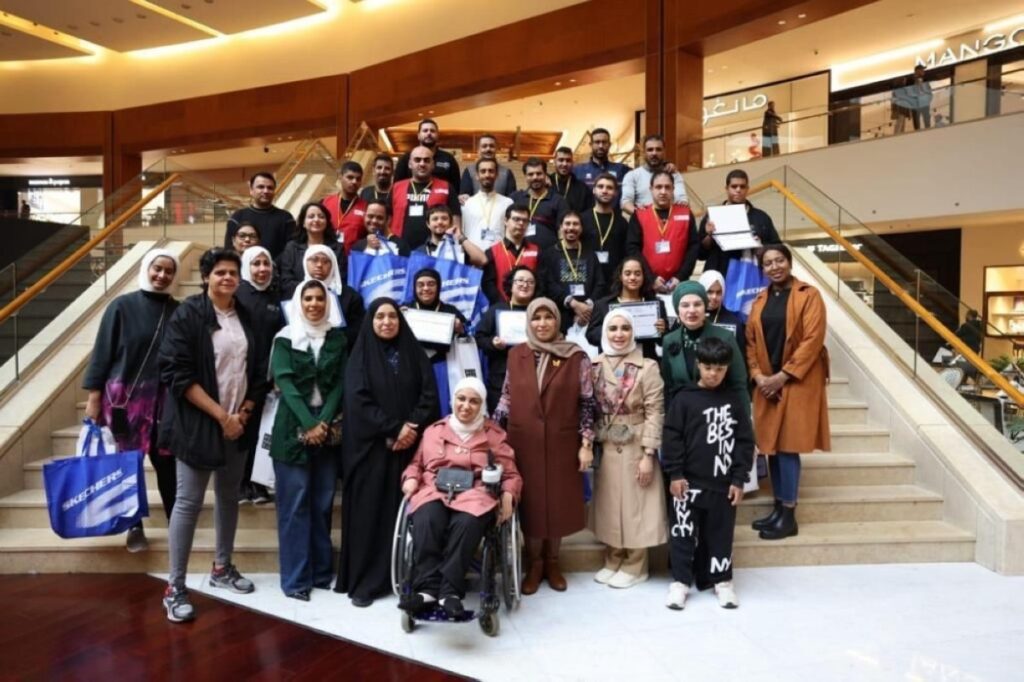KUWAIT: Chairwoman of the Kuwaiti Association for Parents of Persons with Disabilities and member of the United Nations Committee of Experts on the Rights of Persons with Disabilities, Rehab Borsley, has lauded recent decisions granting persons with disabilities — who are children of Kuwaiti women — lifelong treatment as Kuwaiti citizens. She described the move as a significant victory for the rights of persons with disabilities and a direct implementation of Article 3 of Kuwait’s Disability Law No. 8 of 2010.
In a press statement, Borsley emphasized that these decisions go beyond fulfilling legal obligations, representing a reaffirmation of Kuwait’s humanitarian leadership in the field of disability rights. “Kuwait has long enacted progressive laws that not only ensure rights and protections for persons with disabilities, but in many aspects, exceed the provisions of the International Convention on the Rights of Persons with Disabilities,” she said.
Borsley underscored the importance of continued collaboration between government institutions and civil society organizations to support and empower persons with disabilities. “We must intensify efforts to provide an inclusive and supportive environment that enhances the quality of life for people with disabilities and ensures their integration as active members of society,” she noted. She also pointed to the global benchmarks set by the United Nations’ Sustainable Development Goals (SDGs) of 2015 and the forthcoming Third Global Disability Summit in Germany in 2025, stressing the need for Kuwait to continue its pioneering efforts in line with these international aspirations.
Borsley highlighted Kuwait’s ongoing work to improve healthcare, social services, education, culture, and sports opportunities for people with disabilities, while also strengthening their psychological and social well-being. She affirmed that these efforts aim to unlock their full potential, empower them to achieve self-realization, and create an enabling environment that recognizes them as essential partners in building a “New Kuwait.”

